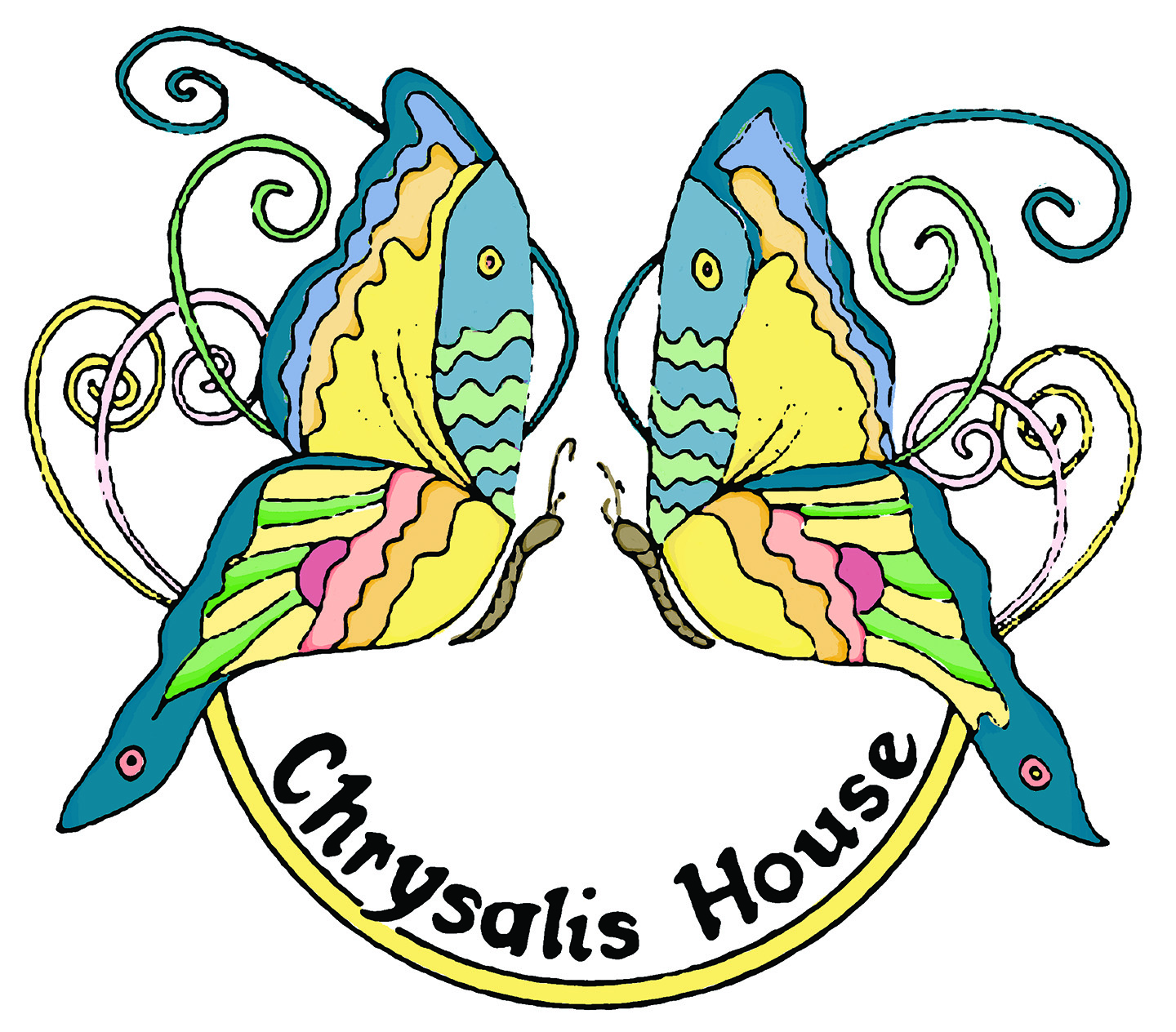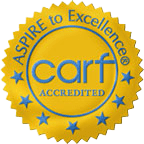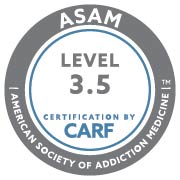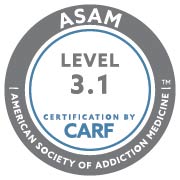Ready to get help?
Residential Treatment
Chrysalis House’s Mission to support women and their families in recovery from alcohol and other drugs led to our family-centered approach to treatment.
Our residential treatment programs for women accommodates infants and toddlers up to age two and older children can visit overnight. At Chrysalis House we focus primarily on the individual woman but address family relationship as an integral part of the treatment process. Family-centered treatment includes:
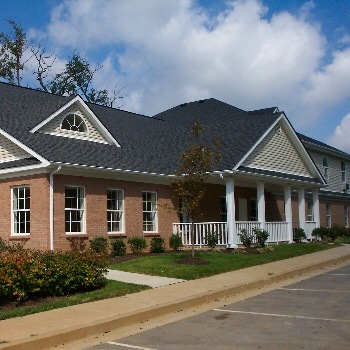
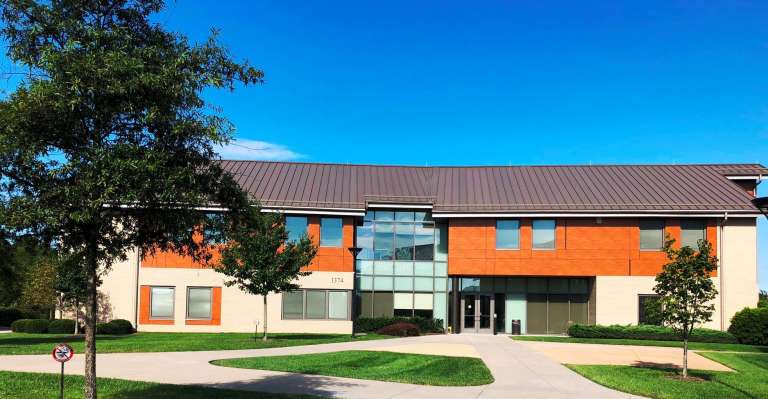
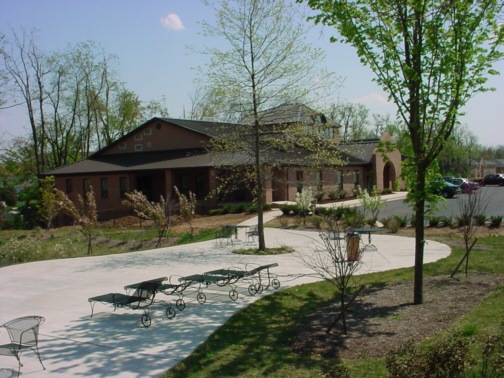
Clinical Treatment Services defined as services necessary to address the medical and biopsychosocial issues associated with addiction.
- Outreach and engagement
- Screening
- Crisis intervention
- Assessment
- Treatment planning
- Case Management
- Substance use counseling and education
- Trauma-informed and trauma-specific services
- Medical Care
- Pharmacotherapy/Medication Assisted Treatment
- Mental health services
- Drug monitoring
- Continuing care
Clinical Support Services assist clients in maintaining their recovery.
- Primary health care services
- Life skills
- Family days
- Educational remediation and support
- Employment readiness services
- Linkages with legal and child welfare systems
- Housing supports
- Criminal justice
- Parenting & child development education
- Advocacy
- Recovery community support services
- Daily schedule
- Skill development & modeling
- House meeting
- Pet Therapy
- Art Therapy
- Yoga
Community and Recovery Support Services integrate community and recovery support services for women.
- Housing that encourages alcohol- and drug-free living
- Ongoing family-strengthening services
- Child care
- Transportation
- TANF and SNAP linkages
- Recovery support and substance abuse prevention in the workplace
- Vocational and academic education services
- Connections to faith-based organizations as appropriate and desired
Residential Treatment
Chrysalis House embraces a holistic approach to treating substance use and co-occurring disorders, utilizing a multidisciplinary. evidence-based, and family-centered treatment model.
Chrysalis House offers clinically managed high- and low- intensity residential treatment programs specifically for woman, addressing both substance use and co-occurring disorders. The program is designed to accommodate woman with infants and toddlers up to age two.
Our family-friendly facilities provide a safe, child-friendly environment allowing for overnight visits from children not currently residing with their mothers. In addition to structured programs, meals, and secure housing, we offer informal spaces, such as cozy living rooms, to foster peer support and interaction among families, mentors, and fellow residents. This creates opportunities for teachable moments and helps woman feel more at home while in treatment. Confidential counseling offices and spacious areas for group activities are also available to support both individual and communal healing.
At Chrysalis House treatment begins with engagement. Patients will establish a sense of understanding of the program model, services offered and participate in the (re)-assessment of their individual needs, strengths, and preferences.
Once patients have become familiar and engaged in treatment they will begin to build natural support systems; demonstrate family based coping skills and strategies for interpersonal coping; will advocate for unmet needs in the community and have transitioned from external motivation to internal motivation.
Phase 3 is the final phase within our residential treatment program. The person served will begin to practice skills outside of Residential Treatment with success; will take a leadership role in Residential Treatment; will…
Our aftercare and outpatient program provides clients with support, guidance, and continued treatment following the completion of our residential treatment program.

